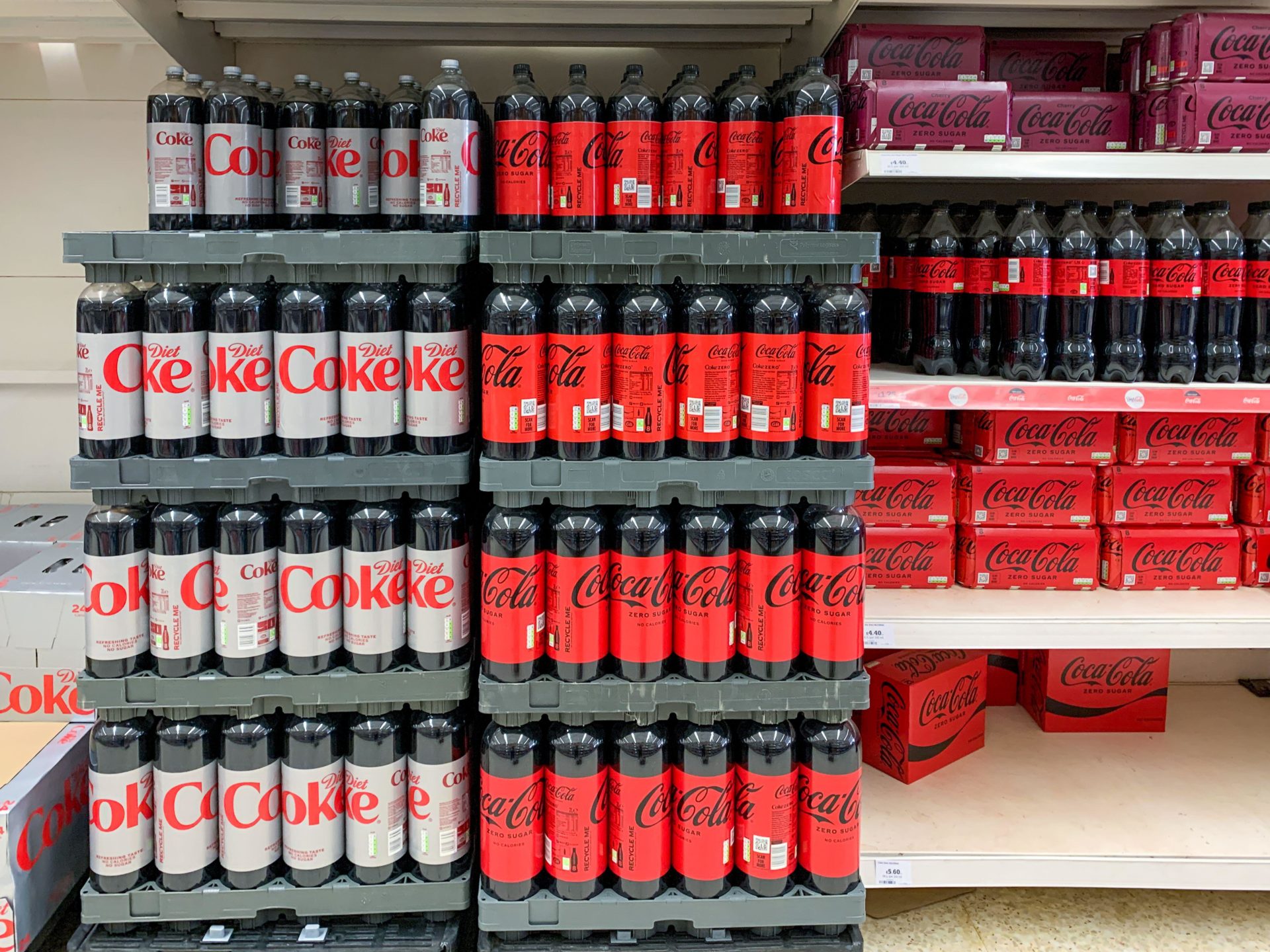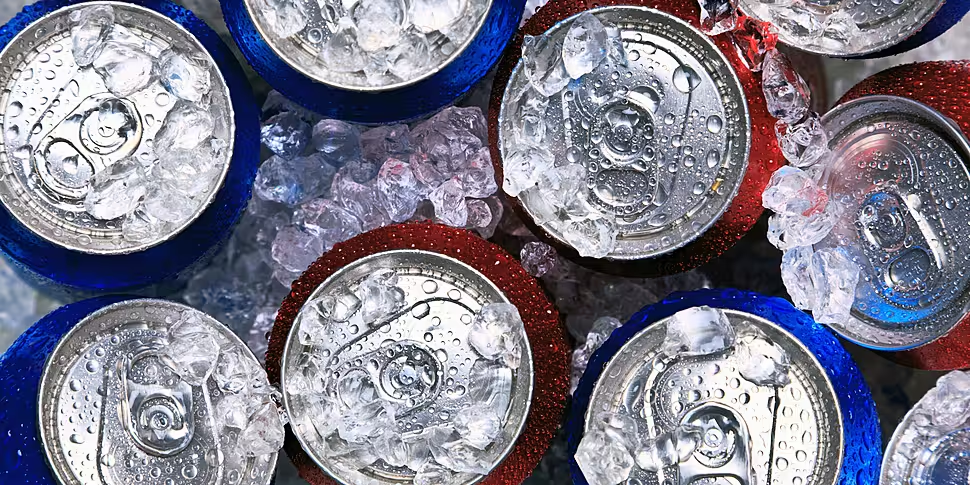Fizzy drinks are harder to give up than alcohol, a leading public health nutritionist has claimed.
Many soft drinks contain high levels of sugar or caffeine, both of which have addictive properties – and some people can struggle to stop drinking them.
Nutritionist Gaye Godkin believes that labels should make clear the health risk associated with them and the State should make them compulsory.
“It’s harder to give up Diet Coke, let’s say, than it is certain alcohols,” she told Newstalk Breakfast.
“People become so reliant, so dependent.
“It’s not that they just want to do it, they’re actually driven to this by this reward pathway in the brain.”
Sale
For decades, cigarette packets have come with health warnings because of smoking’s link to premature death.
The State has also started to crackdown on the advertising of alcohol and Ms Godkin believes it is time ultra-processed foods had restrictions imposed on them as well.
“There [should be] more transparency on labelling and saying to people, ‘This product contains 17 industrial [ingredients] and we now know this is going to affect your health, it’s certainly going to make you want more,’” she said.
“These ultra-processed foods are responsible for the overweight and obesity epidemic.
“It upsets me when I hear people say, ‘It’s willpower.’
“It’s not willpower for a lot of these people, they’re addicted to the wrong choices.”
 Drinks for sale. 03/09/2022. Image: Maureen McLean/Alamy Live News
Drinks for sale. 03/09/2022. Image: Maureen McLean/Alamy Live NewsMs Godkin said she understands that placing warning labels on all ultra-processed food and drink would be a “very difficult” thing to do but thinks the process could be gradual.
“I think it would be very easy to start with the drinks,” she said.
“All the soft drinks, the diet drinks.
Then all of the snacky foods that people think are healthy … Your Pringles, your Doritos, those kind of things that people are consuming after they’ve had their dinner or mid-morning snacking.”
Main image: Photo of cans of drink on crushed ice.









